Stranded sailors rescued as wind wreaks havoc across NSW, Vic, Tas
Two sailors are finally safe after their yacht was battered by 5m waves and gale-force winds off the NSW coast for over 18 hours as wild weather and epic winds rip across southeast Australia
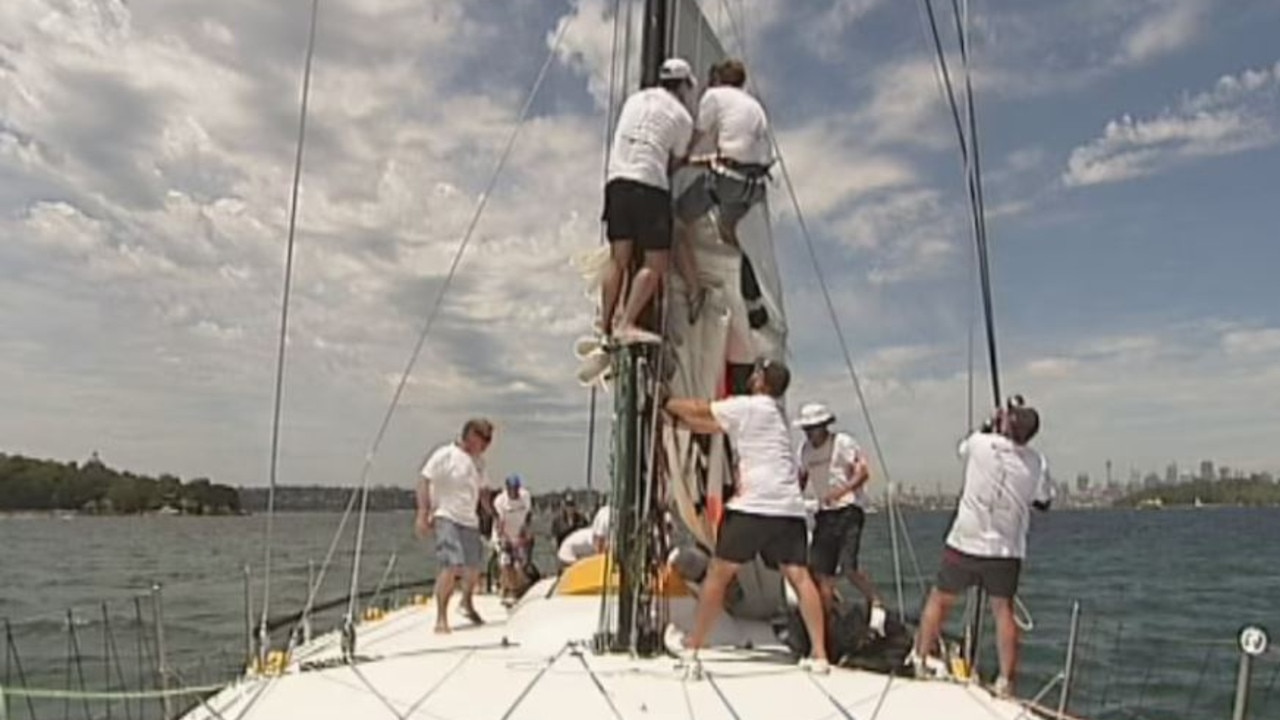
READING LEVEL: ORANGE
In an amazing story of survival, two people stranded on a racing yacht off the NSW south coast have been rescued after battling wild wind and massive waves for more than 18 hours.
The 19m yacht the Spirit of Mateship ran into trouble on Monday afternoon after it suffered a mechanical issue* and began taking in water about 130 nautical miles* southeast of Sydney and 250km offshore of Ulladulla.
A 60-year-old man and 48-year-old woman on-board sent out a distress signal but rescuers couldn’t reach the pair until dawn on Tuesday because of the dangerous conditions.
Rescue crews were faced with 4-5m swells and wind gusts up to 100km/hr, making it too dangerous to winch* anyone into a helicopter.
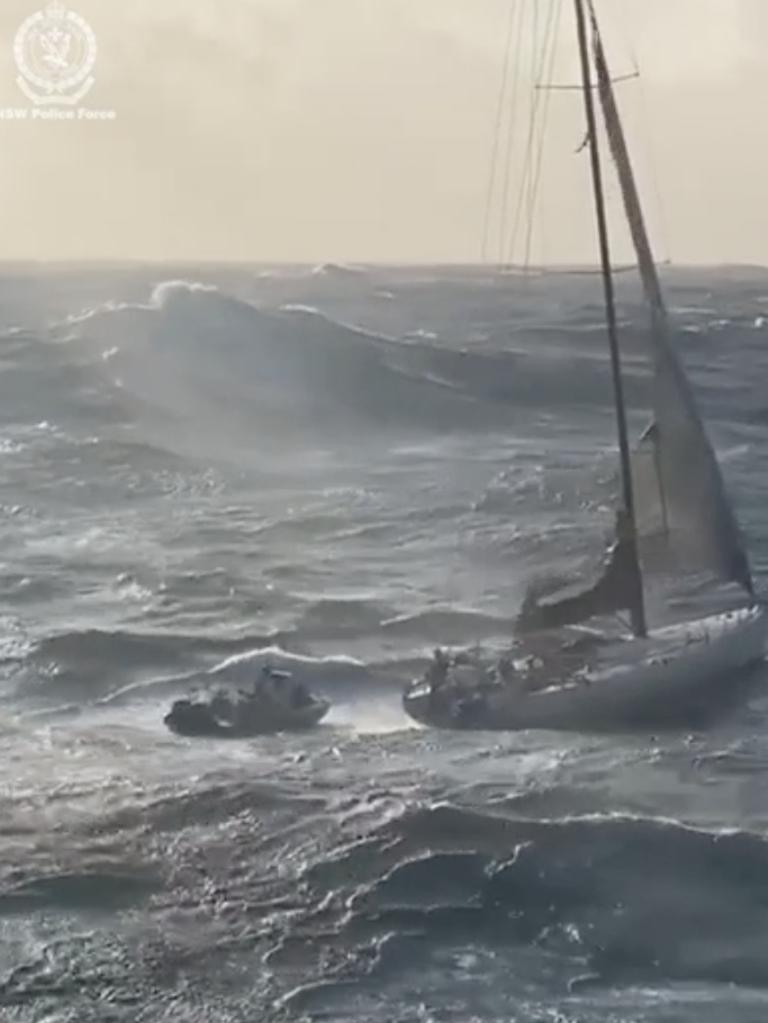
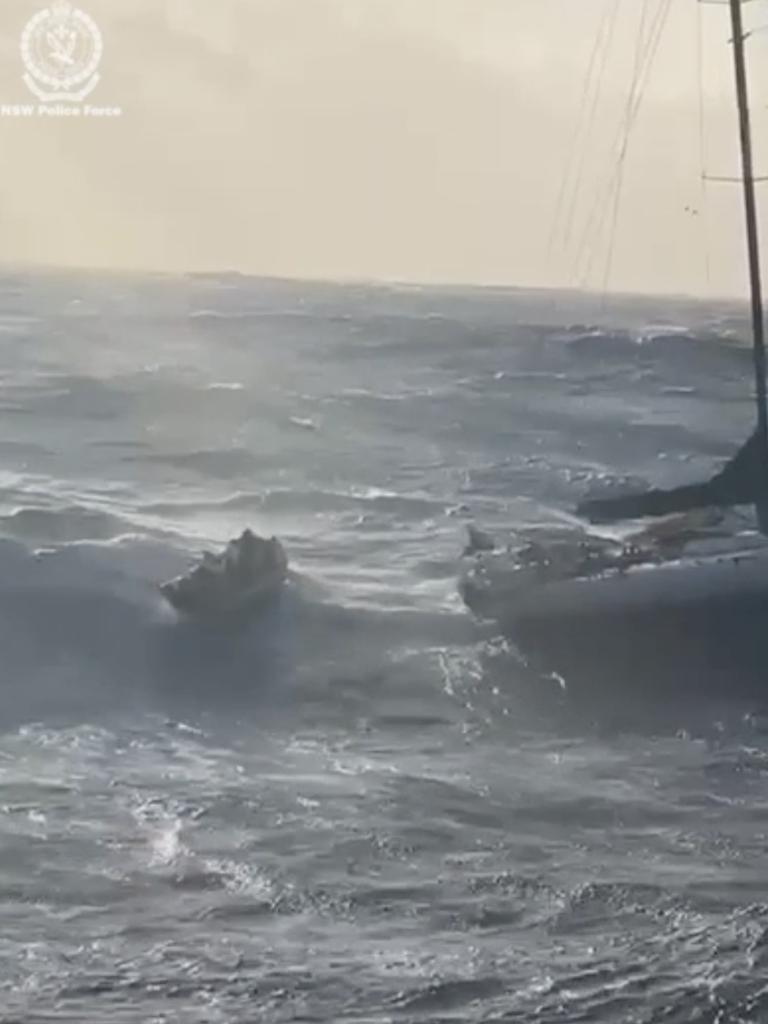
They had to call off the rescue until morning – by which time the yacht, which had raced in several Sydney to Hobart races since 2013, had drifted 300km further away from the coast.
Australian navy vessel HMAS Canberra and the police vessel Nemesis found the yacht just after 4am on Tuesday and travelled alongside it.
But the rescue had to be paused until dawn due to the dangerous conditions.
The pair was safely rescued at around 7.30am on Tuesday and taken to Sydney aboard the police vessel Nemesis and despite the ordeal were reportedly uninjured.
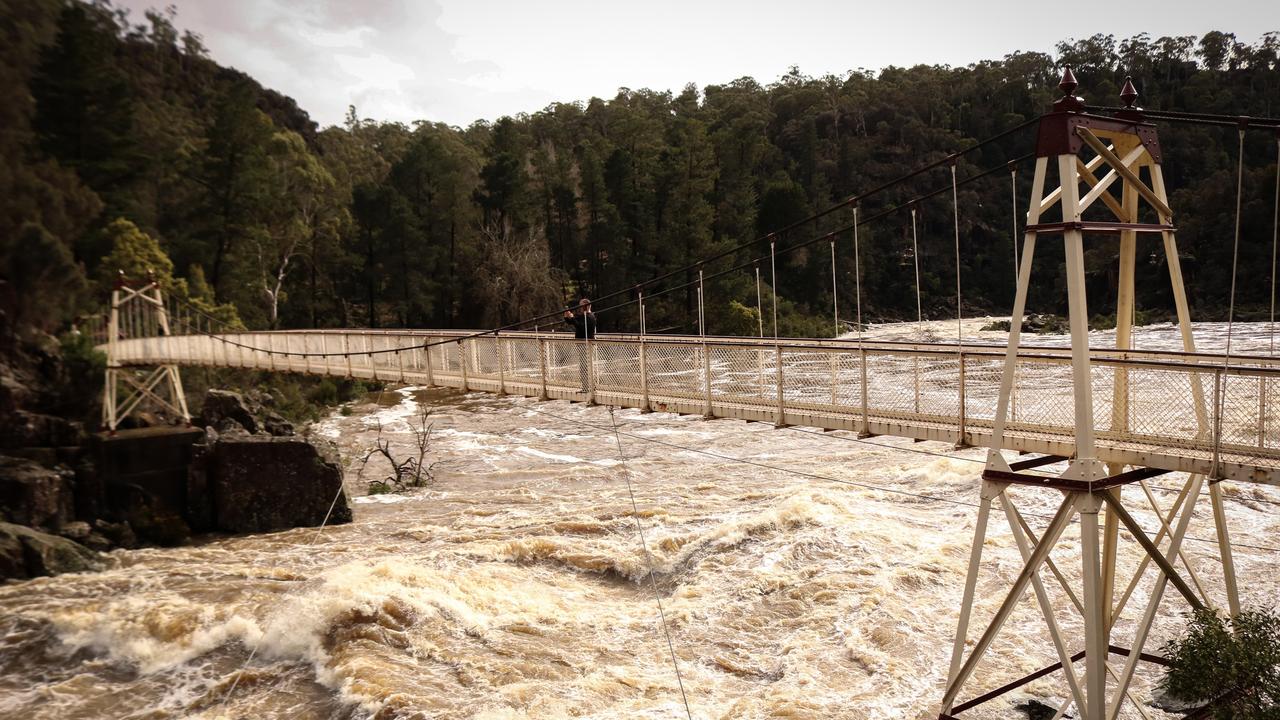
The incredible story follows days of wild weather across the southeast of the country.
Schools across Victoria were forced to close on Monday as watch and act* alerts were issued for strong and destructive winds, while some workers were advised to work from home.
Wind gusts of 146km/hr were recorded between Sunday and Monday at Wilsons Promontory lighthouse, the most southern point of Victoria.
Widespread power outages left about 35,000 Victorians without power, according to energy provider AusNet.
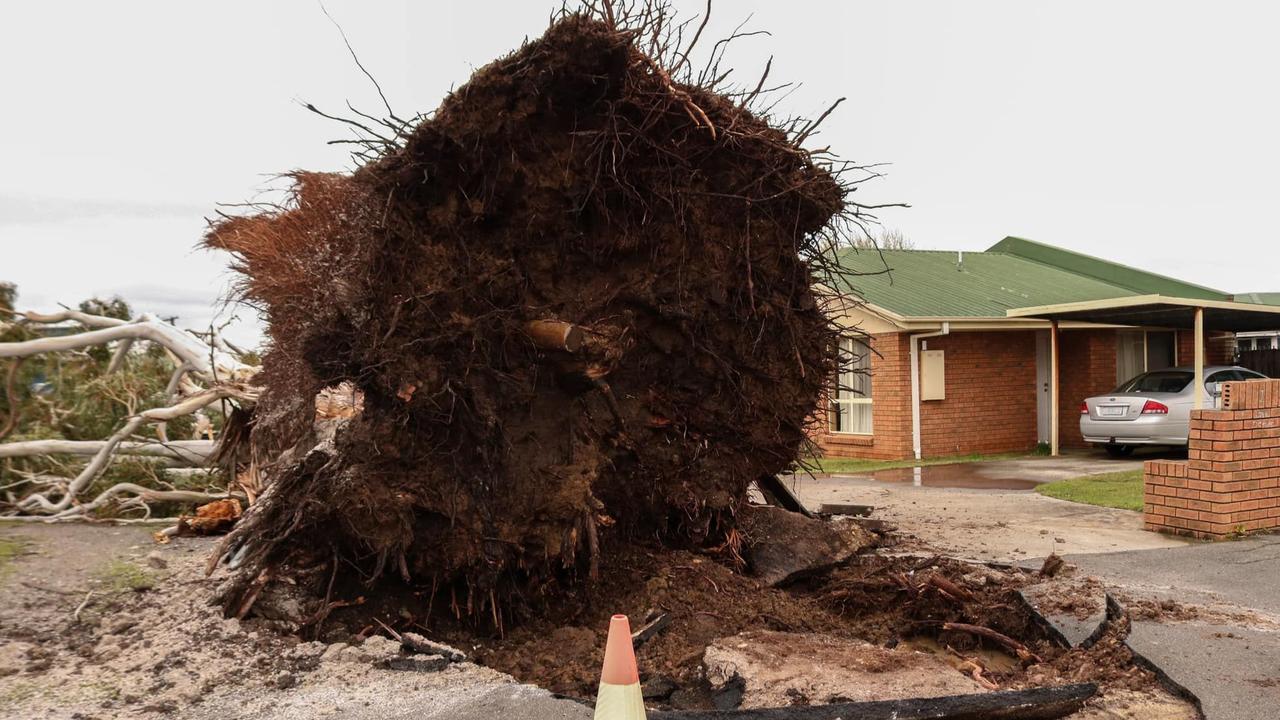
An AusNet spokesman said the damage to the electricity network had been “severe”, with powerlines down and damage to switches and poles due to fallen trees and branches.
Thousands of homes in Northern Tasmania were also without power after wild winds, torrential rains* and flooding lashed the state.
Winds of up to 150km/hr battered Launceston and surrounds on Sunday night, causing damage to houses, cars and power infrastructure*. The conditions also closed schools in the area on Tuesday, including Exeter Primary School, where state finalists are due to compete in the Kids News-run Prime Minister’s Spelling Bee this week.
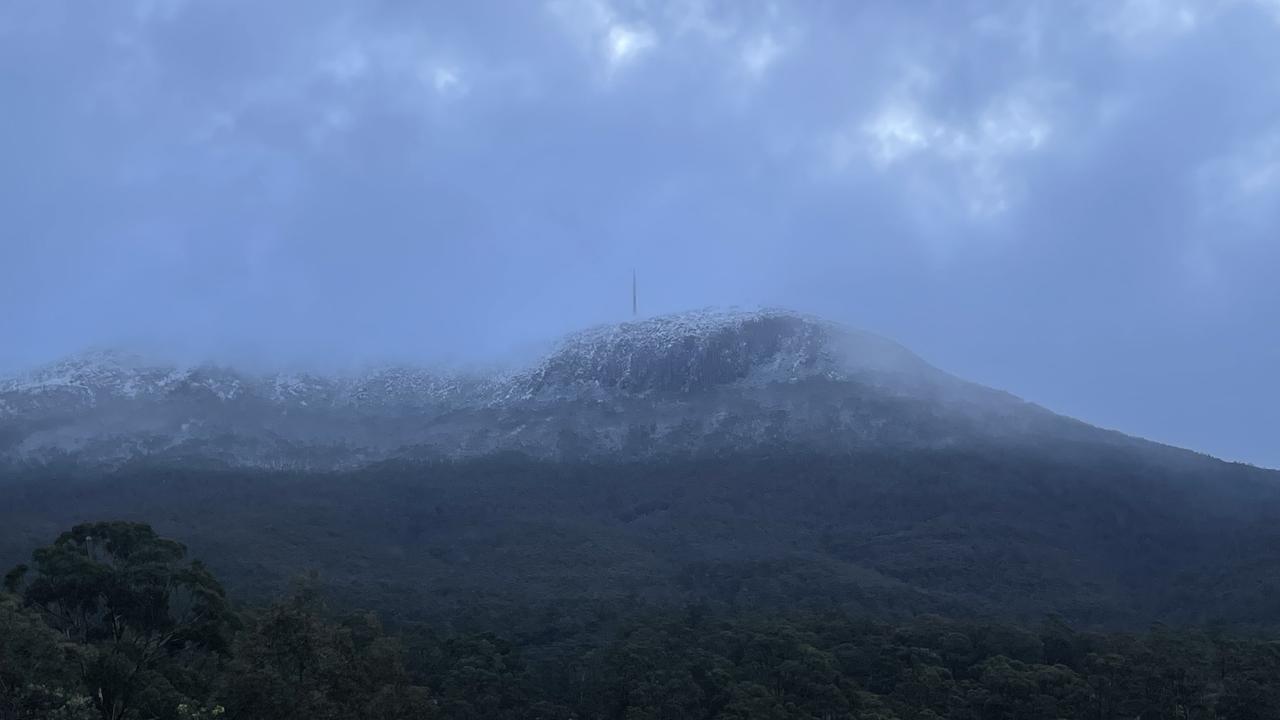
On Tuesday, a group of 13 bushwalkers were rescued after calling for help from kunanyi/Mt Wellington in the south east of Tasmania near the capital Hobart.
Officers said the group had been walking in the mountain before the weather closed in.
Prepared only for a day’s outing, they were poorly equipped for the conditions, with mobile phones but minimal* food and water and no equipment to spend the night in case of emergency, police said.
Conditions on kunanyi/Mt Wellington became extreme on Monday evening, with subzero* temperatures and gusts of up to 109km/hr recorded.
The temperature at 6.30pm was -3C with a wind chill factor making it feel like -22.6C.
POLL
GLOSSARY
- mechanical issue: the yacht stopped working properly due to a problem with its mechanics
- nautical miles: a unit of length used to measure distance at sea. One nautical mile is equal to 1,852m
- winch: to lift someone using a device that winds a rope or chain around a horizontal, rotating drum operated by a motor or crank
- watch and act: when there is an emergency situation, a watch and act alert means conditions are changing and you should start taking action to protect yourself and your family
- torrential rains: when it is pouring rain – so much so that you would be soaked in about three seconds
- power infrastructure: power lines and other structures used to transmit electricity
- minimal: only a little bit
- subzero: when temperatures drop below zero
EXTRA READING
Young humpback’s harbour rescue
Winter heatwave heading our way
Two astronauts stranded in space
QUICK QUIZ
- Which three states have been battered with strong winds?
- How strong were the wind gusts in Launceston on Sunday?
- Why did the temperature at kunanyi/Mt Wellington feel like -22.6C when it was actually -3C?
- How many Victorians were left without power because of strong winds?
- Why were the two sailors stranded on the Spirit of Mateship not rescued until dawn?
LISTEN TO THIS STORY
CLASSROOM ACTIVITIES
1. Wild weather
This article highlights the wild weather found in New South Wales, Victoria and Tasmania over the last few days.
What do you know about the causes of destructive and gusty winds found in this part of the country?
Why do these winds cause so much damage and destruction?
What can people do to remain safe during these patches of wild and windy weather?
–
–
–
Time: allow 20 minutes to complete this activity
Curriculum Links: English, Science, Personal and Social, Critical and Creative Thinking
2. Extension
When embarking on a boat trip or bushwalk, what are some of the key pieces of equipment you should take with you in case of an emergency?
–
–
–
–
–
Time: allow 10 minutes to complete this activity
Curriculum Links: English, Personal and Social, Critical and Creative Thinking
VCOP ACTIVITY
Wow word recycle
There are plenty of wow words (ambitious pieces of vocabulary) being used in the article. Some are in the glossary, but there might be extra ones from the article that you think are exceptional as well.
Identify all the words in the article that you think are not common words, and particularly good choices for the writer to have chosen.
Select three words you have highlighted to recycle into your own sentences.
If any of the words you identified are not in the glossary, write up your own glossary for them.
Extension
Find a bland sentence from the article to up-level. Can you add more detail and description? Can you replace any base words with more specific synonyms?
Down-level for a younger audience. Find a sentence in the article that is high level. Now rewrite it for a younger audience so they can understand the words without using the glossary.

